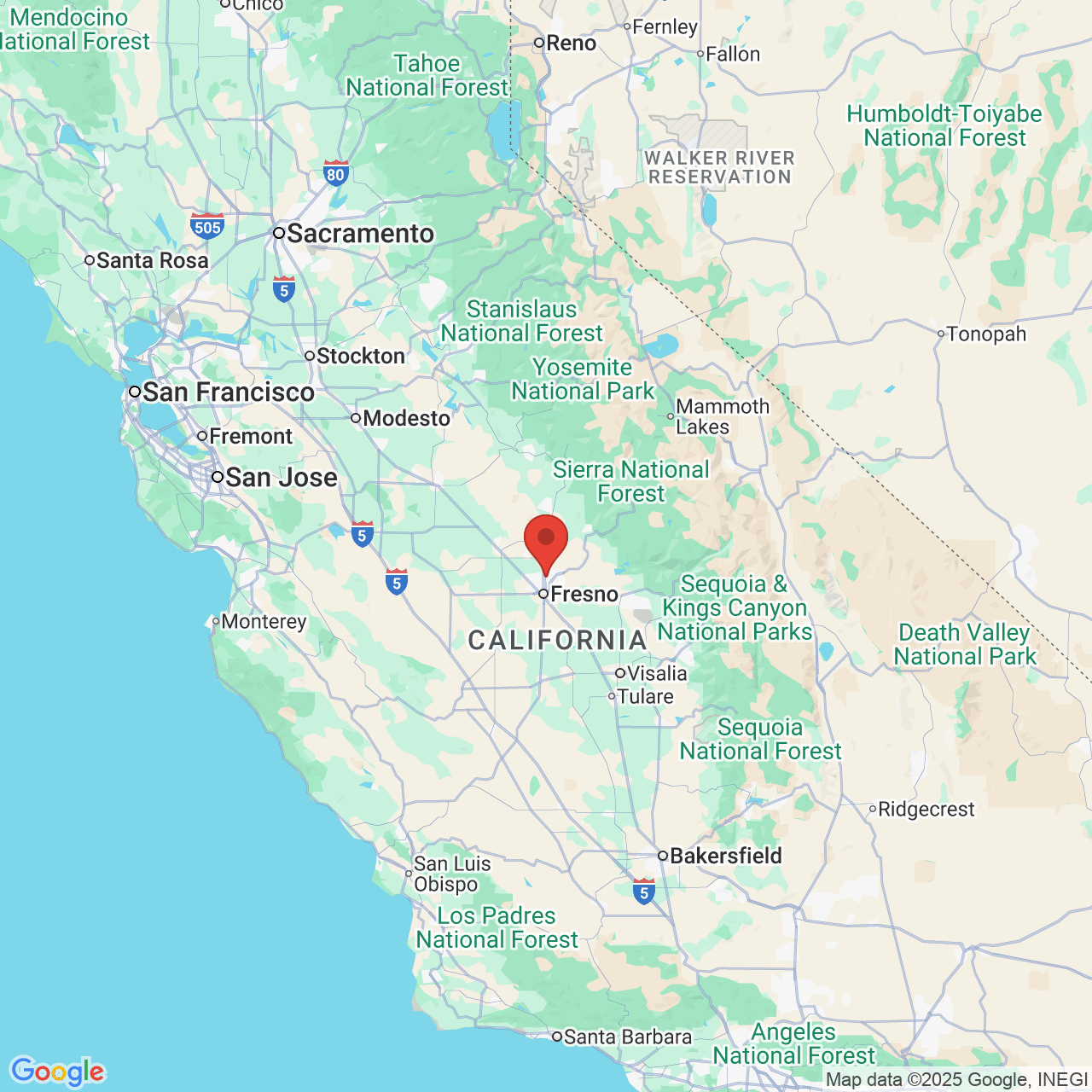Wondering how to file a workers' comp claim? Your workers' comp claim must be filed correctly to protect your rights to benefits. Mr. Fisher can help you navigate this often confusing process to help ensure you receive the benefits you deserve.
Gilbert Fisher: So when you get injured at work, normally the first thing you want to do is report that to your employer. And your employer is required by law to post somewhere in their office, usually a place where they have other labor law type notices, information about who their insurance carrier, their work comp insurance carrier is and their contact information. They are also required to give you a claim form called a DWC-1. And that form should contain the workers' compensation insurance company who you notify in order to get the benefits under the workers' compensation system.
However, that's the ideal, and we find that a lot of times people get injured, they report it and the employer doesn't take it serious, or doesn't respond, ignores them, doesn't give them the form, doesn't have the notice posted. So what do you do? There are a number of things that you can do. Number one, you can go to an attorney and we can do it all for you.
But if you're not quite to the point where you want to get an attorney, you can track down that information yourself. There's an organization called The Workers' Compensation Insurance Rating Bureau, it's an acronym WCIRB, and if you Google that, they maintain a website that has the workers' compensation insurance for given employers. And it has a search portal, and you can input your employer's name, the date of your injury and it will tell you who that insurance company is and give you their contact information.
Sometimes employers don't have work comp insurance, and if that's the case, all hope is not lost. The case is going to be more complicated, but the state actually maintains what's called an Uninsured Employers Benefits Trust Fund that will pay benefits to an injured worker whose employer did not have workers' compensation insurance on the date of injury and then they'll turn around and go after the employer to get reimbursed for their costs.
So, in that case, if you have done all the research and you've determine that your employer doesn't have workers' compensation insurance, you can still turn to that fund and file a complaint. It gets more complicated and you'll probably need the help of an attorney, but that fund is there and people should know that and not give up hope. Sometimes an employer doesn't have workers' compensation insurance and if you've done the research and you've looked through the WCIRB portal and you haven't been able to find insurance, it may be because your employer doesn't have work comp insurance. All hope is not lost.
In California, there is an Uninsured Employers Benefits Trust Fund, which was established to pay injured workers the benefits that are payable under the workers' compensation system, and then that fund will turn around and try to collect from the uninsured employer. So, in that case, you have to file a claim with the Uninsured Employers Fund, and there are some specific rules for doing that. It gets pretty complicated and you'll probably need an attorney to help you, but nevertheless, you should remember that even if your employer does not have work comp insurance, you can still get benefits.
Once you've identified your employers workers' compensation insurance, or that they don't have insurance, you have to go about filing a claim. When there's an insurance company and you've identified that insurance company, you want to notify them, and you will provide them with what's called a DWC-1 claim form, where you describe your injury, list the date of the injury, how it happened and what body parts were involved.
It's important that you fill out that claim form completely and accurately. Many times the insurance company will use that form against you. For example, if you say, "I hurt my right knee, and then later you notice that you also have a back problem, well, you didn't list it on the claim form. So it's important to think carefully about the injury.
A lot of times when an injury happens, you slip and fall, you bang your knee, you don't realize, or you do realize but it's not nearly as prominent, that you have also banged your elbow, or your back hurts a little bit, but you're focused on the knee because that's really hurting. Nevertheless, when you fill out that claim form, you want to try and mention everything that's going on so that later on they don't try to use that against you.
You prepare that form, that claim form, and you give it to the insurance company, that should initiate the claim. In addition, at some point you're going to want file an application with the Workers' Compensation Appeals Board. That, and that alone, will protect your rights under any statutes of limitation.
So it's kind of a two-part process. You file the claim form with insurance company, the application with the Workers' Compensation Appeals Board and both really need to be done in order to get the best results in your claim.
Narrator: If you or a loved one need help with a workers' compensation issue, call our office today.

































